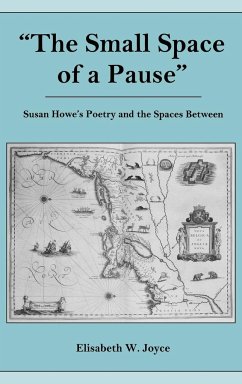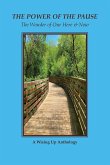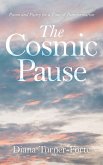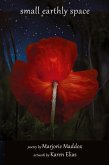This book is about Susan Howe's poetry from the perspective of space. Howe reshapes cultural configurations of space through her drive to infiltrate interstitial areas of "third" spaces: the silences of history, the margins of the page, the placeless migrants, and the uncharted lands. Nuances, frontiers, thresholds, edges, fuzzinesses, ambiguities, pauses, singularities, margins: these are the spaces where her poetry occurs, places that lie between two states. Rather than absences, therefore, the space of this poetry is a place of being, of what Gilles Deleuze and Félix Guattari refer to as becoming. Third space is contested because it must also call itself into question in reimagining itself; in questioning its condition and rethinking itself, it contradicts itself repeatedly, setting up the form of an ever-present yet ever-shifting paradox of self-presencing. This site is also, however, the place of no frames or boundaries, a place that is all margins and singularities, that site of displacement, where migration is eternal and violence is perennial. Nomadism becomes an emblem in Howe's poetry for the twentieth-century condition as it represents the continual movement through space of the body, that never-ending, always-perpetuated sense of loss of place, but that equally charged coming into being regardless of the space within which that loss/becoming occurs.
Hinweis: Dieser Artikel kann nur an eine deutsche Lieferadresse ausgeliefert werden.
Hinweis: Dieser Artikel kann nur an eine deutsche Lieferadresse ausgeliefert werden.








